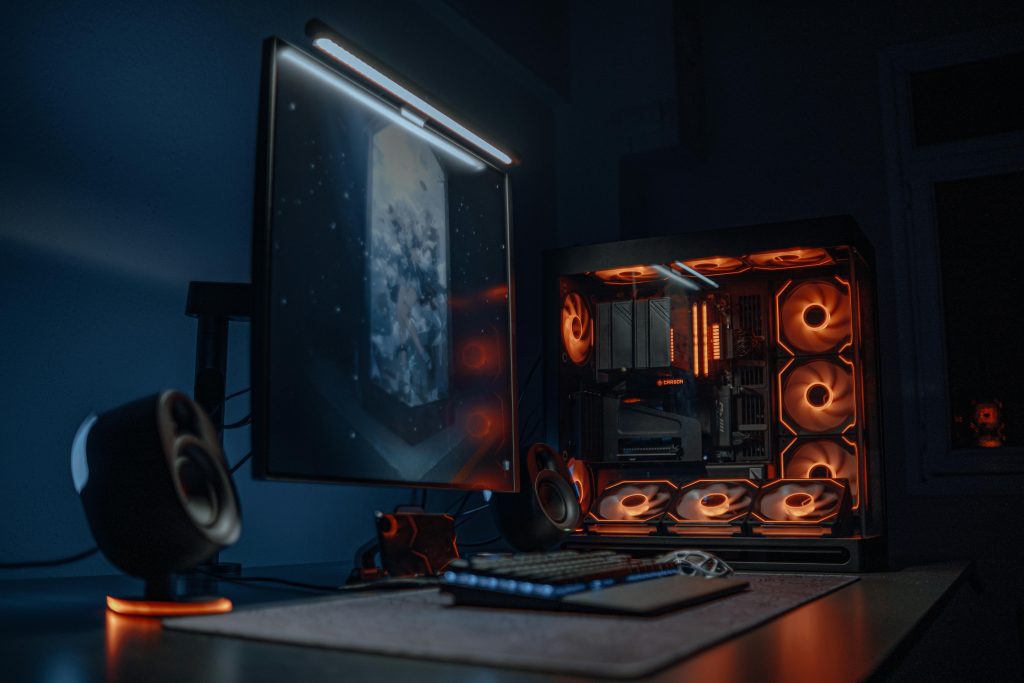Understanding USB Charging Standards and Compatibility: A Guide for Optimal Power Delivery and Device Compatibility
In today’s digital age, ensuring your devices charge efficiently and reliably is more important than ever. However, many users encounter persistent frustrations with USB cables and chargers, especially when trying to achieve fast or superfast charging. This article explores common challenges related to USB standards, compatibility issues with various cables and chargers, and practical strategies to optimize your charging setup.
Assessing Your Charging Equipment
First, it’s beneficial to understand the hardware you currently use. For example, consider your charging accessories:
- Chargers: Anker 735 (GaNPrime 65W), INIU 30W USB-C Power Delivery Charger, Anker 33W USB-C Charger, RAVPower 30W 6A 3-Port Chargers
- Cables: UGreen 2M and 3M USB-C to USB-C 100W cables, MicroUSB cables, bundled device-specific cables, Amazon Basics USB-C cables
These components vary in power output, construction quality, and compatibility, influencing their effectiveness.
Addressing Compatibility and Performance Challenges
- Achieving Fast or Superfast Charging with Modern Devices
Many recent smartphones, such as the Samsung Galaxy S24 Ultra, are designed to support fast charging standards like Samsung’s Superfast Charge or USB Power Delivery (USB PD). However, achieving these speeds depends on the specific combination of charger and cable:
- Cable Quality and Specifications:
- Use USB-C cables rated for high current (e.g., 5A or 100W) to support fast charging.
- Not all cables are created equal; some may be limited to lower power transfer, limiting charging speeds.
- Charger Compatibility:
- Charger output must align with the device’s charging protocol.
-
Even high-wattage chargers won’t deliver fast charging if paired with inadequately rated cables.
-
MicroUSB and Older Device Compatibility
While MicroUSB remains common for older accessories, modern fast charging standards rarely apply to these ports. Some issues include:
- Inconsistent charging with MicroUSB cables, especially when attempting to power newer devices or headsets.
-
Legacy devices may predate compatibility with smart cables, leading to suboptimal charging or non-charging scenarios.
-
Smart Cables: Too Smart or Not Smart Enough?
Many recent “smart” USB-C cables include additional circuitry for data management and power regulation. While beneficial for data transfer and device safety
Share this content:



